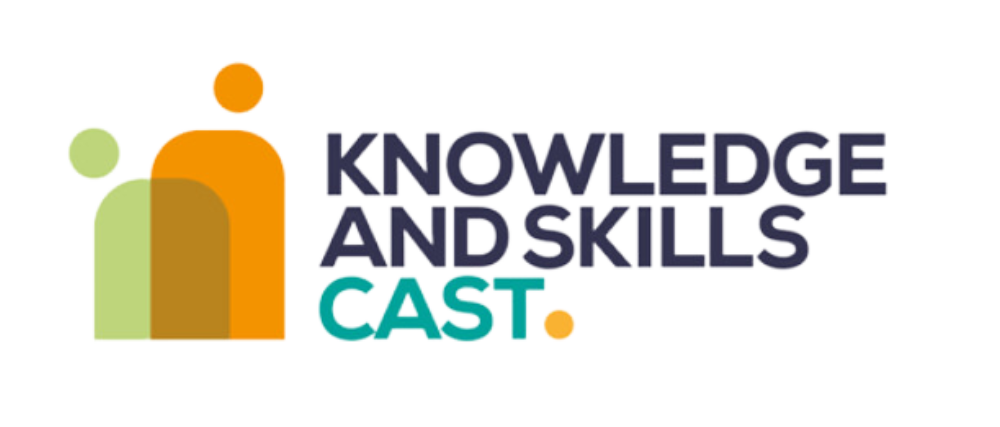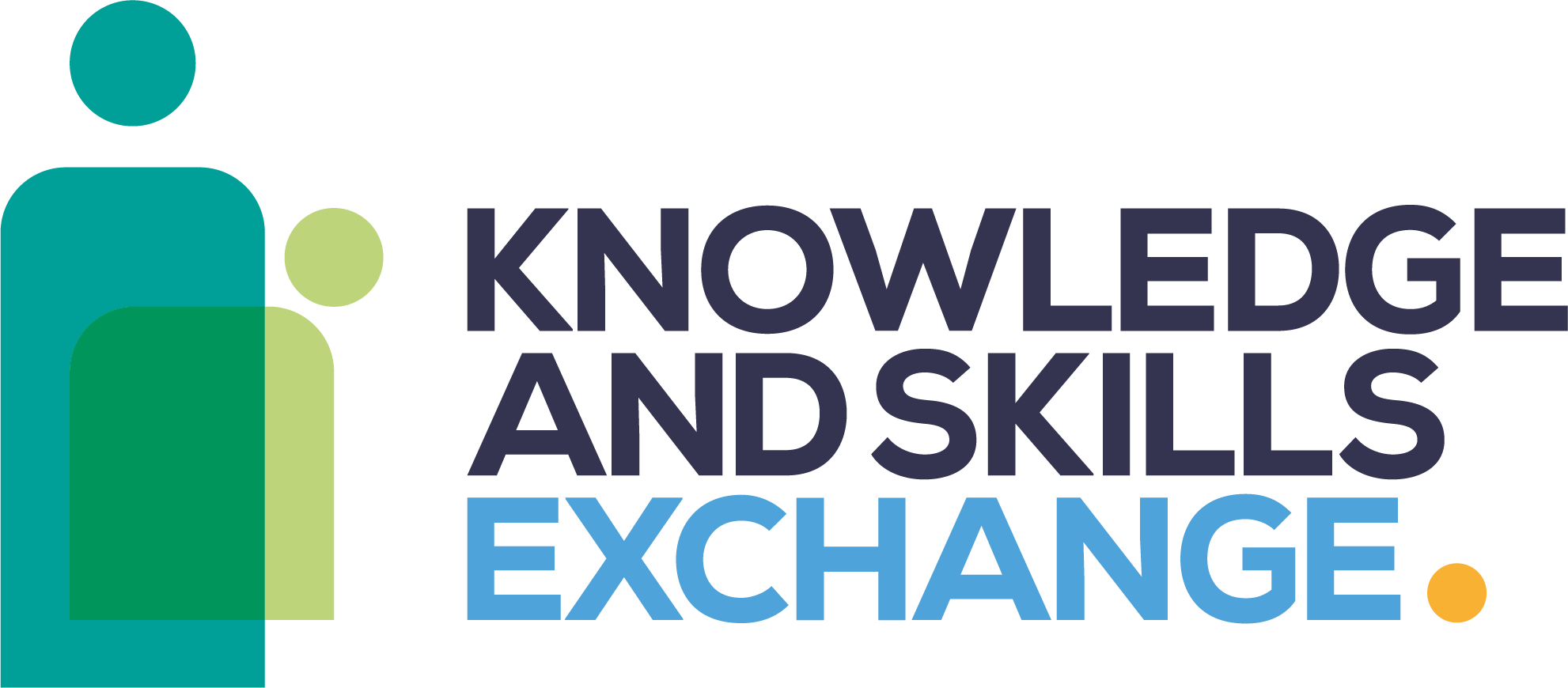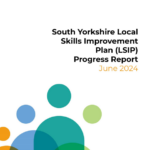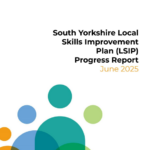Our Mission
With the ultimate aim of improving our region's productivity, the South Yorkshire LSIP makes a number of practical recommendations for partners and training providers to follow. Together, these proposed interventions will help ensure that the local skills system is meeting the needs of employers, and that residents are equipped with sought-after skills they need to prosper in the modern workplace.
What is the local Skills Improvement Plan (LSIP)?
Across all sectors in the UK, businesses are struggling to find suitable candidates capable of filling their outstanding vacancies, and there is a disparity between the skills that people are offering and the skills that businesses actually need.
To help close this gap, The Department of Education (DfE) funded a total of 38 LSIPs across the UK. In each instance, these plans look at the issue from a very regional perspective and then make practical recommendations for how to tackle it.
Leadership and Collaboration
When it comes to the South Yorkshire LSIP, the lead Employer Representative Body (ERB) is Doncaster Chamber of Commerce. This means that we oversaw the initial publication of the document itself and are now busy overseeing delivery of the its various recommendations We are doing this by leveraging our extensive experience and successful history of working with employers and educators.
Funding and Support
The LSIP is funded by the Department for Education. Their backing here is crucial in supporting our work to engage with local businesses (to gather their insights), as well as our collaborative efforts with partners to bring the plan's recommendations to life.
Objectives
The primary aim of the LSIP is to embed employers' perspectives at the core of skills planning. This ensures that educational institutions are confident they are training individuals with the skills that regional employers require.
Implementation
As lead ERB, Doncaster Chamber is tasked with developing and delivering the Plan. Our team has been consistently gathering feedback from businesses about their workforce needs. We collaborate with universities, colleges, and training providers to ensure that employers' voices are central to skills agendas.
Engagement Opportunities
A series of events and engagement opportunities are planned throughout 2024 across the Doncaster region. These events will be advertised on our website. Employers are encouraged to visit the website to get in touch, learn more about the initiative, and sign up for further information.
Find Out More
For additional information about the local skills improvement plan and how to get involved please contact us: chamber@doncasterchamber.co.uk

This monthly podcast inspires businesses to invest in workforce development by showcasing best practices from companies excelling in HR, training, and skills development. Each episode features two business leaders sharing their success stories and strategies. Join us to gain valuable insights and champion your workforce. If your company excels in these areas, we'd love to hear from you!
Episode 8 - LSIP in Summary

Together, they explore the LSIP’s impact on workforce development, talent maximization, and skills innovation across South Yorkshire. Hear insights from leading experts on how this initiative is driving collaboration, addressing skills gaps, and shaping the region’s economic future.
The Knowledge and Skills Podcast is available now on Spotify, Apple and Google Podcasts.
Listen now:

In a nutshell, these sessions convene the region’s business advisors (from local authorities, chambers of commerce and other organisations like FSB and CBI) under one roof. Each time, the attendees will be treated to a presentation that spotlights a different skills-related project or institution; getting them up to speed with everything they need to know.
The Knowledge and Skills Exchanges will always have a different guest speaker, from the service in question, who will be able to walk delegates through their offering in detail. Among other things, they will describe the average client journey and what a good referral looks like. For instance, previous exchanges have broken down the South Yorkshire Apprenticeship Hub’s offer, as well as the innovative Skills Street project.
The hope is that, as people attend more of these teach-ins over time, they will gradually build up a hefty “skills bible” and, with it, a comprehensive knowledge of what support is available to businesses on their doorstep here in South Yorkshire.
Want to find out more?
Contact us today for more information
Understanding Digital Skills: A Guide for Business Leaders
In conversations with business leaders across our region, a recurring theme has emerged: confusion about ‘Digital Skills’ and their importance. Many leaders are unsure about what digital skills entail and how they impact their businesses.
What Are Digital Skills?
Digital skills encompass a broad array of functions and roles, often with titles like Data Engineer, Data Scientist, and Data Analyst. These roles, while varied, share a common thread – they all revolve around data. Whether it’s collecting, analysing, or leveraging data, these skills are crucial in today’s digital landscape.
Clarifying Digital Skills
To address this confusion, we have created a video that demystifies and simplifies the concept of digital skills. Our aim is to make it clear what these skills are and why they are essential for modern businesses.
Bridging the Digital Skills Gap
This video marks the first step in helping businesses understand and address the digital skills gap. By gaining a clearer understanding of digital skills, business leaders can better equip their teams and stay competitive in a data-driven world.
Annual Progress Reports
With two years having passed since the South Yorkshire LSIP was first published, we’ve taken stock of the region’s progress. The 2024 and 2025 annual reports highlight the most significant developments, assess how far we've come, and outline the priorities for the year ahead. Both reports are available to download and read here.



